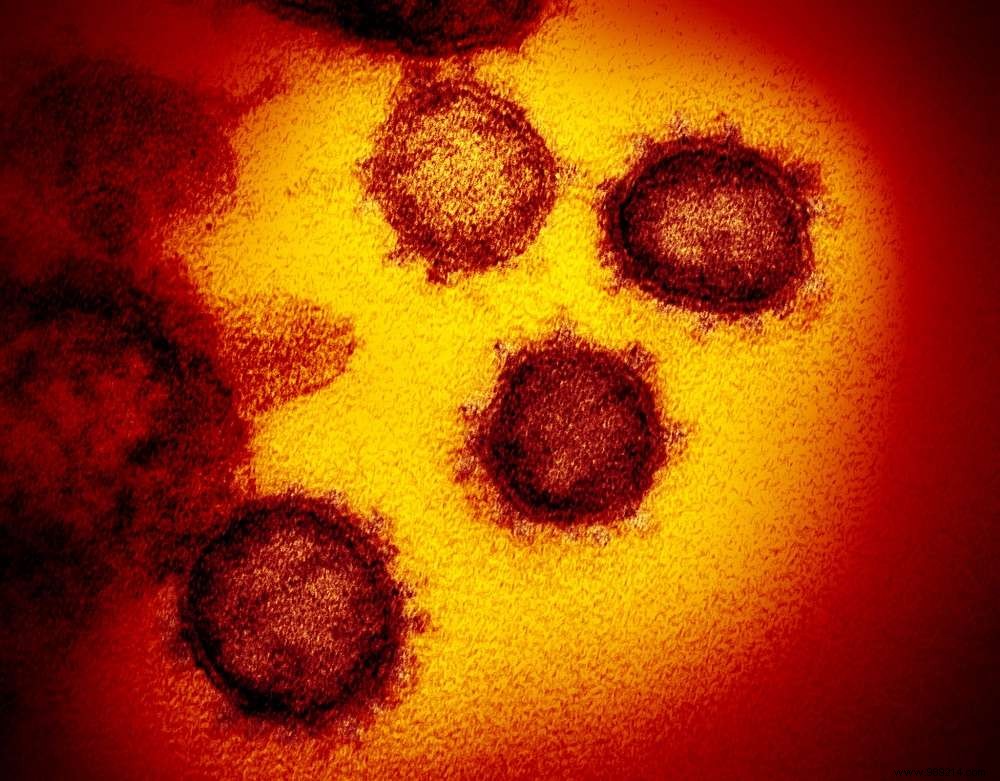Like many viruses, the novel coronavirus SARS-CoV-2 could become seasonal, warns the Director of the US National Institute of Infectious Diseases.
The novel coronavirus continues to cross borders. The pandemic has so far spread to more than 170 countries and now affects more than 490,000 people worldwide, of whom more than 22,000 have lost their lives. While the majority of cases are concentrated in the northern hemisphere, more and more people seem to be affected in the South, where winter is slowly starting to set in. A viral behavior which, according to Anthony Fauci, Director of the American National Institute of Infectious Diseases, suggests that SARS-CoV-2 could return according to seasonal cycles.
“If they (countries in the southern hemisphere) experience a significant outbreak, it will be critical for us to be prepared for a second cycle “, indeed warned the expert during a press briefing held Wednesday at the White House.
That SARS-CoV-2 is seasonal would not be surprising. Many infectious diseases indeed wax and wane with the changing months. Some, like cholera, prefer hot, humid summers, while others, like influenza viruses, are more comfortable when the weather turns cold and dry. Since SARS-CoV-2 obviously has more affinity with the latter, it is interesting to understand why the flu seems to be more severe in winter.
We know that these influenza viruses are packaged in an oily outer envelope, made of cholesterol, which melts once the pathogen enters the respiratory tract of its victim. It can then infect a cell and reproduce. But these layers are also very sensitive to the Sun's heat and ultraviolet rays. This is why, when it is too hot, the virus tends to die, unless it is already inside an organism.
High humidity can also weigh down the infectious and airborne droplets needed to carry the virus from person to person, slowing its spread.
Other factors may also come into play. Studies in mice, for example, have shown that low humidity has the effect of further drying out the nasal mucosa, making it more fragile and permeable to virus penetration.

The SARS-CoV-2 coronavirus is not the flu, but several of its physical characteristics still suggest that it could exhibit similar behavior, and therefore the same seasonal pattern. Of course, if this is indeed the case, the human response will not be the same.
A virus that attacks a new population for the first time is indeed pretty sure to wreak havoc. Which makes sense, because without prior exposure, no member of the community is immune. Columbia University epidemiologist Micaela Martinez compares these early outbreaks to fires breaking out in forests full of dry wood.
However, once the first big wave is wiped out, future infections will spread among populations with a higher proportion of immune individuals. The waves will then be less violent. On the other hand, they will be successive and always potentially fatal. Hence the "urgent need to find an effective vaccine and treatments against this new coronavirus, recalled Anthony Fauci during his press briefing.
As a reminder, two major clinical trials are currently underway in China and the United States to test experimental vaccines. Treatments that, if successful, may not be on the market for another 12 to 18 months. Other approaches are also being studied, such as the prescription of the antimalarials chloroquine and hydroxychloroquine.
Source:AFP